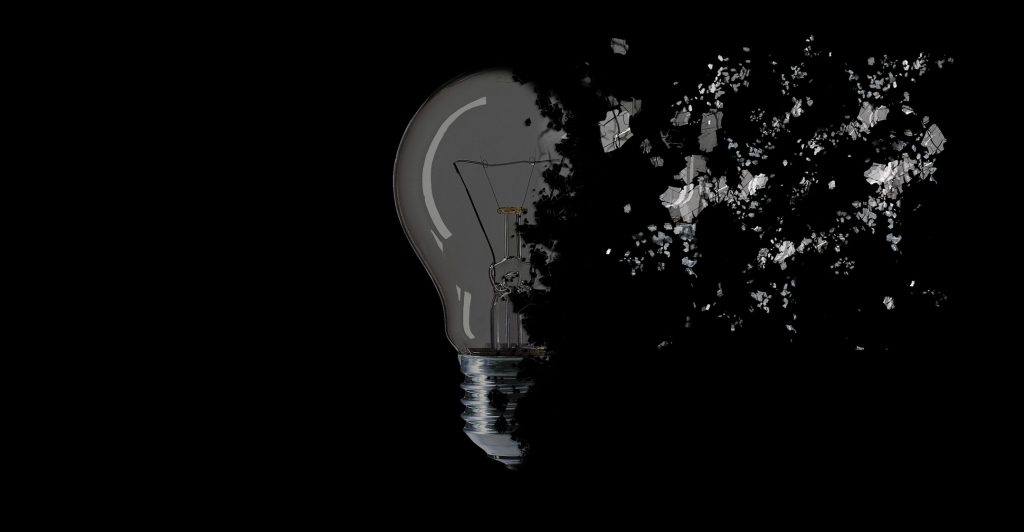
Haemorrhaging cash and drowning in debt, South Africa’s state power utility is trying to persuade the energy regulator to allow it to raise its prices to offset lower-than expected sales and unforeseen expenses.
The National Energy Regulator of South Africa is due to decide next month whether to grant Eskom’s request to allow it a supplementary tariff increase that would generate an additional R27-billion in revenue. That may give it a temporary financial reprieve, but could also hasten a client exodus as deregulation opens the door to more independent renewable power producers.
Eskom, which supplies about 95% of the nation’s power, hasn’t engendered sympathy at public hearings where it’s motivated for an increase in prices that already have climbed by more than double the inflation rate in the past decade. It’s been dogged by years of mismanagement, has been forced to stage rolling blackouts as poorly maintained plants failed to keep pace with supply, and is reliant on taxpayer-funded bailouts to remain solvent.
Eskom has had a fraught relationship with the regulator, which has consistently granted it lower increases than requested — decisions the utility has challenged in court. Muzi Mkhize, a Nersa member, said Eskom couldn’t complain about having inadequate funds at the same time as it’s curbing demand.
“You are one of the few companies that is begging its customers not to buy its product,” Mkhize said at a hearing in Pretoria.
The utility argues that the law provides for tariff adjustments to account for variances in sales and costs, and that keeping electricity costs artificially low won’t solve the nation’s broader economic problems.
“Eskom is asking for nothing more than an efficient cost,” Hasha Tlhotlhalemaje, GM for regulation, said at the hearings. “We understand that there are questions about the impact of governance failures at Eskom”, and these are being addressed, she said.
Death spiral
Sibanye-Stillwater, the world’s biggest platinum producer, told the regulator that rising energy prices were undermining the entire mining industry, while municipalities that buy power from Eskom and sell it on to residents and businesses complained that the utility was hampering commerce and industry.
Several other presenters warned that Eskom’s death spiral — whereby its electricity sales continue to decline as customers switch to alternative supply — will persist unless it curbs price increases.
Lower demand is concerning and is partly attributed to higher prices, with low levels of economic growth and a slump in demand for some commodities also playing a role, Eskom said in an e-mailed response to questions. Power prices are affected by high labour and logistic costs, and environmental legislation, and an integrated approach is needed to contain them, it said.
 South Africans will continue to bear the burden of keeping Eskom going, irrespective of whether it secures higher tariffs or additional state aid, according to Jacques Nel, an economist at NKC African Economics in Paarl, near Cape Town.
South Africans will continue to bear the burden of keeping Eskom going, irrespective of whether it secures higher tariffs or additional state aid, according to Jacques Nel, an economist at NKC African Economics in Paarl, near Cape Town.
“If the government bails Eskom out now and we pay less for our electricity, we’re just going to have to pay a lot more taxes in the future,” he said. — Reported by Paul Burkhardt and Mike Cohen, (c) 2020 Bloomberg LP




